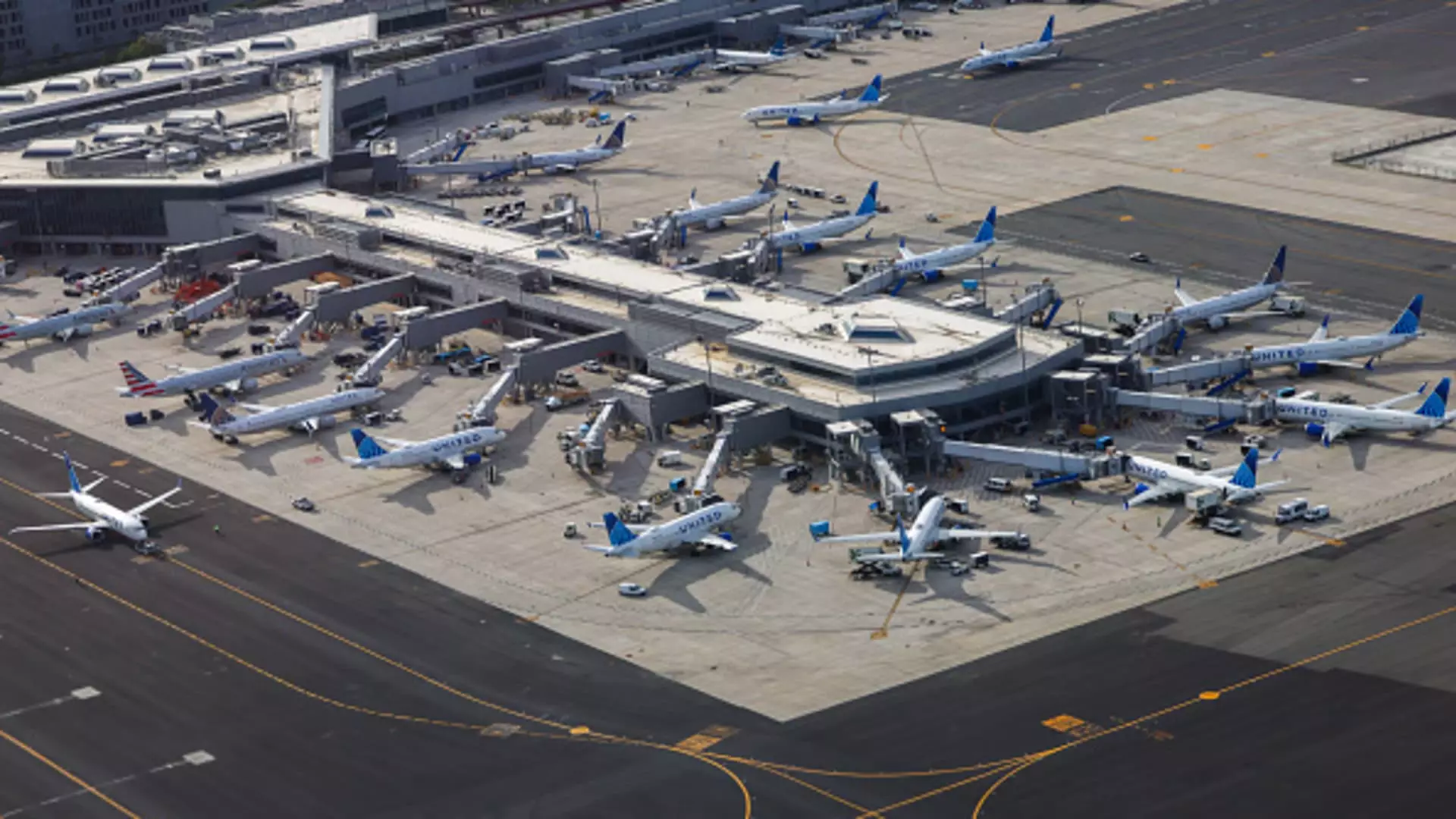Recently, major airlines and an industry trade association have come together to challenge a new Department of Transportation (DOT) rule regarding the disclosure of add-on fees during flight booking. This rule, introduced by the Biden administration in September 2022, requires airlines and online travel agencies to disclose fees for seat selection, checked baggage, and other add-ons upfront alongside the airfare. However, trade group Airlines for America, along with Alaska, American, Delta, Hawaiian, JetBlue, and United airlines, argue that the DOT exceeded its legal authority in publishing the rule.
Arguments Against the Rule
The petition for review was filed in the U.S. Fifth Circuit Court of Appeals, with the challengers claiming that the rule is “arbitrary, capricious,” and an “abuse of discretion.” They argue that airlines already provide consumers with complete disclosure of all fees associated with air travel before purchasing a ticket. Airlines for America stated in a response to CNBC that the rule will “confuse consumers” and “complicate the buying process.” The challengers believe that the DOT’s attempt to regulate private business operations in a thriving marketplace is beyond its authority.
The rule was introduced with the intention of providing transparency to consumers and ensuring that they are aware of the full cost of their ticket at the time of comparison shopping. President Joe Biden emphasized the importance of knowing the complete cost upfront, rather than having additional fees added at checkout based on the customer’s selections. While this may seem beneficial to consumers, the airlines and trade association argue that it will only serve to complicate the booking process and create confusion among travelers.
The response from the airlines and trade association raises questions about the balance between consumer protection and government regulation in the airline industry. While transparency is important, the challengers believe that the DOT’s rule goes too far in dictating how airlines operate and interact with consumers. It remains to be seen how the court will rule on this legal challenge and what implications it may have for future regulations in the airline industry.
The legal challenge to the Department of Transportation’s rule on airline fee disclosure highlights the complex relationship between government regulation, consumer protection, and industry practices. While the goal of transparency is commendable, the airlines and trade association argue that the rule oversteps its bounds and creates more confusion than clarity for consumers. It will be interesting to see how this case unfolds and what impact it may have on the future of air travel regulations.

